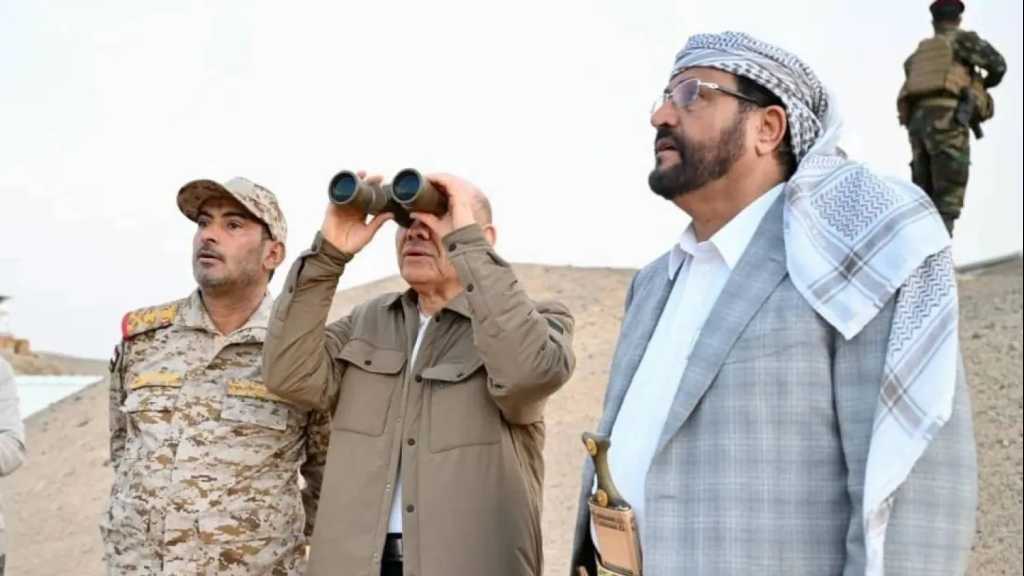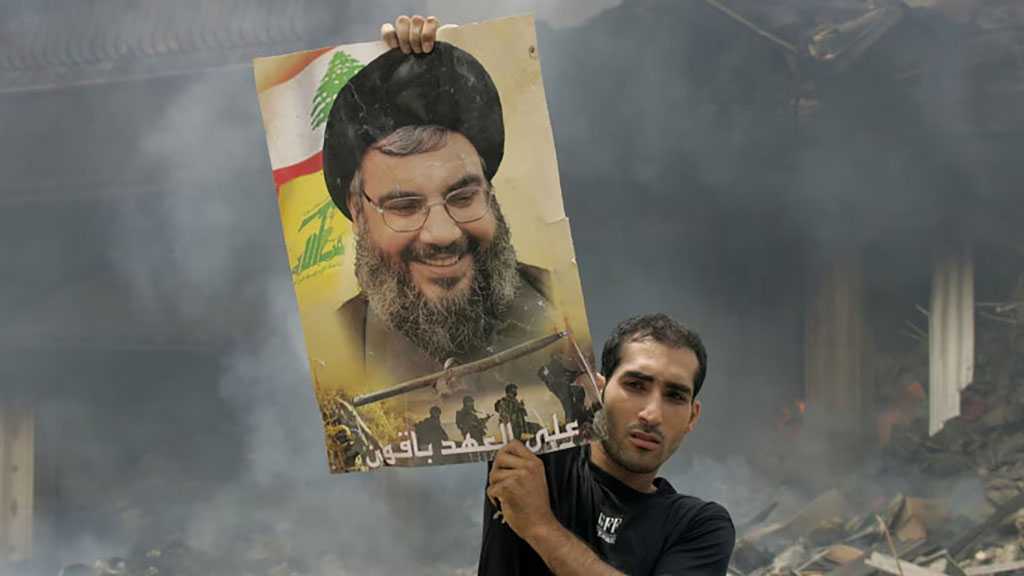Trump Offers to Mediate Between Turkey and ’Israel’: A Syrian Power-Sharing Deal in the Making

Translated by Al-Ahed News, Al-Akhbar Newspaper
Following US President Donald Trump's latest praise for Turkish President Recep Tayyip Erdogan, expectations are rising for deeper Turkish-American coordination. But perhaps the most surprising moment came during Trump’s meeting with “Israeli” Prime Minister Benjamin Netanyahu at the White House, when Trump publicly offered to mediate between Turkey and “Israel” to resolve their disputes. The setting was symbolic: in the Oval Office, with the world watching, Trump turned what was expected to be a press event on Iran into a stage for flattering Erdogan.
The exchange began with Netanyahu, who stated:
“We discussed the situation in Syria. Our relations with Turkey are strained. We do not want Syria to be used as a launching pad for attacks against us, especially by Turkey, which enjoys excellent relations with the United States. President Trump has a relationship with the Turkish leader. We exchanged views on ways to avoid any clashes.”
Trump responded with characteristic bravado:
“I have a great friend named Erdogan. I like him, and he likes me. You remember how I got our pastor back from Turkey… I told Erdogan he did what no one had done in 2,000 years after he took over Syria. Erdogan is tough and very smart. He succeeded where others failed. If ‘Israel’ has a problem with Turkey, I think I can solve it.”
Trump’s remarks added fuel to Erdogan’s growing sense of political confidence, already bolstered by Trump’s earlier praise for his leadership and by Washington’s muted response to the arrest of Istanbul Mayor Ekrem Imamoglu. Reports even suggested that Trump had given prior approval for the move—something Erdogan has since used to strengthen his grip on power and eliminate one of his key challengers for the 2028 presidential race. Opposition leader Ozgur Ozel, head of the Republican People’s Party [CHP], directly accused the US of giving Erdogan a green light for the arrest, adding that “neither America nor Trump will save Erdogan.”
These developments sparked widespread commentary in Turkey, highlighting the central role Syria now plays in US Middle East strategy. Former diplomat and CHP executive Namik Tan pointed out that Netanyahu’s tone toward Turkey was notably soft, despite recent “Israeli” strikes in Syria. “He doesn’t want to upset Trump,” Tan observed. Meanwhile, columnist Ismail Kucukkaya warned that Trump’s reference to the Pastor Brunson incident “sends a chilling message to Turks,” adding that “no one really knows what Trump wants from Turkey.”
Netanyahu’s White House visit came at a time of heightened tension between “Israel” and Turkey, particularly over Ankara’s push to establish military bases in central Syria—a move viewed by “Israel” not just as a provocation, but as a serious challenge. In response, Turkish Foreign Minister Hakan Fidan sought to deescalate, saying Turkey does not seek confrontation with “Israel” and adding, “If Damascus wants to reach an agreement with Tel Aviv, that’s their business.”
The remarks by both Netanyahu and Fidan, along with Trump’s mediation offer, signal a potential shift toward delineating spheres of influence in Syria between Turkey and “Israel,” making direct confrontation increasingly unlikely.
In this context, Trump’s reference to the Brunson affair can be interpreted as a subtle reminder to Erdogan: respect “Israel’s” security interests in Syria, particularly in the southern regions, and allow Tel Aviv to maintain dominance there. Erdogan, in turn, appears willing to pay the necessary price to secure continued US backing—both to solidify his domestic rule and to push constitutional reforms that would allow him to run again for president in 2028.
Still, many Turks worry about what deeper alignment with Washington might mean. While Ankara has already dealt a major blow to Iran by helping to bring down the Syrian regime, further collaboration with the US against the Islamic Republic could prove controversial at home.
In any case, Trump’s latest praise for Erdogan is likely to pave the way for even closer Turkish-American ties, possibly culminating in a soon-to-be-announced meeting between the two leaders. His mediation proposal may also serve as the first step in transforming Turkey-“Israel” relations from one of tension to cautious cooperation anchored in shared strategic interests.




